(“THE PEOPLE WANT THE FALL OF THE REGIME!”)
- POLITICAL SLOGAN OF THE ARAB SPRING
Approaching the Middle East
Teacher(s): Julie Shackelford
Lessons: 4/week
Since a street vender named Mohamed Bouazizi set himself on fire in late-2010 to protest political and social injustice, becoming a catalyst for the Tunisian Revolution and other uprisings throughout the region, the Middle East has been thrust more directly onto the global stage. Despite this, the area is frequently portrayed in the media as an unstable region marked by conflict and teeming with “dangerous Muslims.” Rarely does news of the Middle East offer more than stereotypical images based on well-rehearsed themes of terror and violence. This course seeks to counter that trend by approaching the Middle East in a more nuanced fashion and from a wide range of topics, including (but not limited to): ethnicity, gender, belief, history, geography, popular culture, the media, and everyday life.
Throughout the course, students will:
- Sharpen critical thinking skills and challenge preconceived notions about the Middle East.
- Become familiar with everyday life and customs of the region in a variety of cultures and contexts.
- Critically explore the social, political, and historical processes that have made the region what it is today.
In contrast to the stereotypes, students in this class will find the Middle East to have a rich and complex history and comprised of a diverse multitude of cultures, societies, and beliefs. While the first half of the term will focus primarily on the historical development of the region (from the rise of Islam until the early Ottoman Period), the second will centre specifically on the modern era (circa mid-19th century to present). Although it is not required to take both halves, it is recommended.
Methodologically, the course will employ a variety of methods, including lectures, small- and large-group discussions, independent research, in-class films and other multi-media tools, project work, and presentations on topics of interest to you. In addition, to facilitate class discussion, some light reading may be required. Finally (Covid restrictions allowing), students will have the opportunity to see some of the world’s finest examples of Islamic Art outside the Middle East today through an excursion to the David Collection of Islamic Art in Copenhagen.







